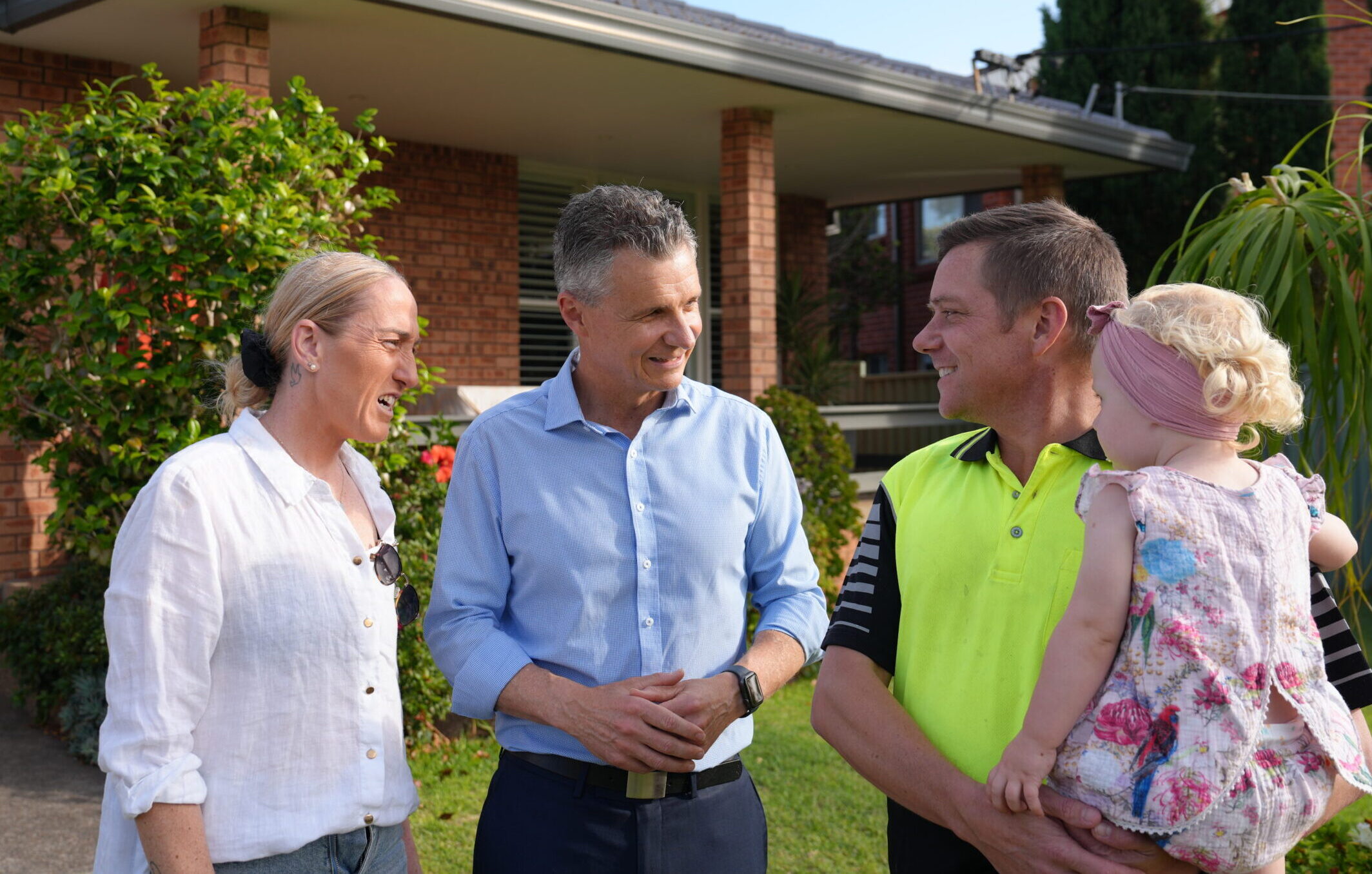BOMBING OF DARWIN COMMEMORATION
ADELAIDE RIVER WAR CEMETERY
NORTHERN TERRITORY
MONDAY, 20 FEBRUARY 2023
*** CHECK AGAINST DELIVERY ***
I want to begin by acknowledging Wulna people who are the traditional custodians of the land on which we meet and pay my respects to their Elders, past, present and emerging.
I would like to extend that respect to any Aboriginal and Torres Strait Islander people who join us today.
I acknowledge the current and ex-serving members of the Australian Defence Force (ADF) who are with us today. Thank you for your service.
And I also acknowledge the families of ADF personnel and veterans. Thank you for your support and the sacrifices you make.
If you ever visit the Australian War Memorial, you will have the chance to see a unique Australian flag.
It hangs as part of the World War Two exhibit.
The flag is faded and torn, and one of the stars is nearly missing.
This flag was flying at Government House in Darwin, on the morning of 19 February 1942.
On that day, 81 years ago, Australia came under direct attack for the first time in the Second World War.
Just before 10am on that morning, many people noticed planes approaching the harbour, flying at high altitude.
At first some thought they were American, but when they saw the insignia on the tail, they knew the war had finally arrived.
One witness, Leading Aircraftman, Stanley Hawker described the scene that followed:
“The Japanese bombed the ships in the harbour, and scored many direct hits. A bomb hit the post office and killed [everyone] in the building. They bombed the hospital and the hospital ship Manunda. They hit the oil tanks and set them ablaze.”
By the time the raid ended, more than 250 Australian and allied service personnel and civilians had lost their lives.
Many of them now rest here, among the green lawns and shady trees of Adelaide River.
People like Leading Aircraftman, Leonard Barton.
He was just 31, a young father of three, a native of the small Victorian town of Rainbow.
He was a motor mechanic prior to enlistment.
Like so many other ordinary Australians, he wanted to do his part, to serve and defend our nation.
Leonard transferred to Darwin, and worked as part of the ground crew at the RAAF base for ten months before the raid.
It was likely Leonard was killed during the second wave of attacks when Japanese aircraft descended on the base from two directions.
He now rests here as do many others.
A simple inspiration adorns his grave, ‘His duty nobly done’.
In that same raid 30 aircraft were also destroyed, and eight were sunk.
The damage to Darwin’s suburbs was substantial.
Many buildings had been bombed and destroyed.
Among them, Government House, and the Australian flag that flew out front.
Charles Abbott, the Northern Territory’s Administrator, had sought shelter with his family in a room below the building.
When they emerged after the raid, battered but safe, he saw the damage the flag had taken.
He realised it was the first time our flag had been fired upon while on home soil, and arranged for it to be donated to the War Memorial.
The flag was torn and stained and slashed by shrapnel, but the symbol it represented remained unscathed.
Darwin too was scarred and bloodied.
It is difficult to imagine today the real fear people felt that we might be invaded.
Singapore had fallen; the British Empire was in retreat.
Australia had come under attack.
And yet, the resolve of our brave servicemen and women never wavered.
Torn and stained and slashed by shrapnel, we endured that first attack, and would endure the others that followed.
Between February 1942 and November 1943, our mainland would suffer some 97 air raids.
Numerous towns were targeted: Wyndham, Port Hedland, Broome and Derby in Western Australia; Darwin and Katherine in the Northern Territory; Townsville and Mossman in Queensland, and Horn Island in the Torres Strait.
Hundreds of people lost their lives.
On this national day of remembrance, we honour those who died in the attack on Darwin.
We remember all those who lost their lives in the attacks across northern Australia.
And we pay tribute to all those who served in the defence of our nation during the Second World War.
The bravery and sacrifice that they and their families showed will never be forgotten.
Lest we forget.
ENDS


